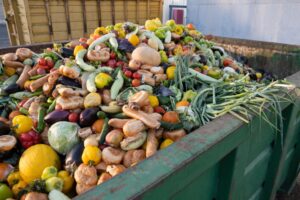
LatAm foodtech is flourishing with startups tackling food waste in the supply chain
Around Latin America and the Caribbean, startups are using technology to prevent, avoid or upcycle food waste up and down the supply chain.

Around Latin America and the Caribbean, startups are using technology to prevent, avoid or upcycle food waste up and down the supply chain.
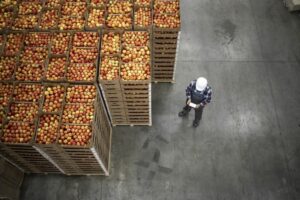
Exploiting blockchain’s full potential around traceability requires us to think of the technology as a tile to be integrated with other available solutions.
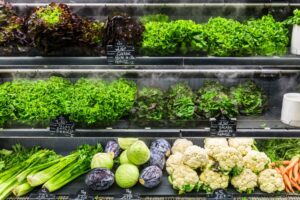
As pricing parity gets closer to conventionally grown produce, focus on demand attributes will be increasingly important to the whole industry.

While global foodtech investment declined in 2022, foodtech investment in Spain increased 9.3%, says the founder of Madrid-based foodtech accelerator Eatable Adventures.

While it is true, as the saying goes, that ‘healthy soils produce healthy plants’, the question is: “What creates healthy soils?” asks John Kempf.
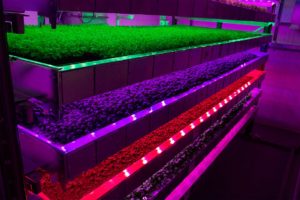
New agritech innovations in vertical farming and indoor ag need to be integrated into existing agricultural operations, establishing a hybrid system.
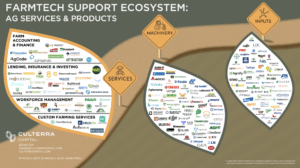
Real cost and productivity loss on the farm are creating a catalyst for agriculture to take a big leap forward in its digitization journey.
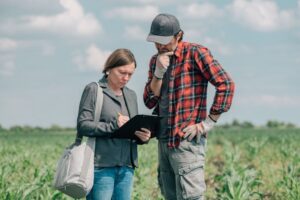
As we look to the next decade there’s an underserved, tech-driven opportunity for founders and investors alike: serving the ag service providers.
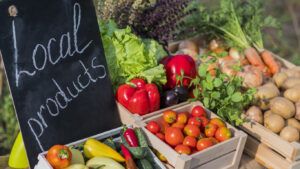
Farm Action is championing for a Fair 2023 Farm Bill: an opportunity to create a fair, inclusive, and competitive agricultural system, writes Dee Laninga.
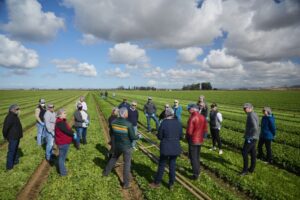
The Fresh Field Catalyst program seeks solutions for climate challenges as they relate to the produce and floral industries.

Public support from President Xi for cellular agriculture and synthetic dairy last year was a positive move, but China has never been the first one in the world to approve novel agrifood technology, writes Chinese agrifoodtech VC Bits x Bites.

Over the last year, we have seen a fierce and accelerating backlash against food tech. But it’s time to move on, writes Johan Jörgensen.
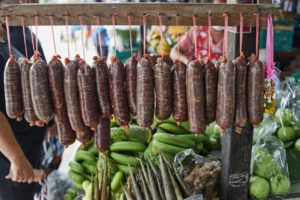
Over 60% of the global population lives in Asia with just 20% of farmland, and a growing middle class demanding high-status animal protein. We need to create better alternative protein products for the Asian consumer, writes Sonalie Figueiras.

We cannot let this recent rainfall lull us into a false sense of complacency around water management and risk our long-term water supply.

Vertical farm failure, a SPAC from the father of agtech, GM controversy, indoor farmed wheat, and funding for one of regenerative agriculture’s leaders were the top 5 articles reported on by AFN’s team of reporters in 2022.
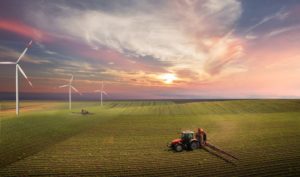
Through innovation, six major trends, from agrifintech to farm management software, are repositioning the sector and unlocking its game-changing potential.

AFN’s most-read guest articles of the year debated the future of CEA, analyzed (a complete lack of) plant-based meat branding and more.
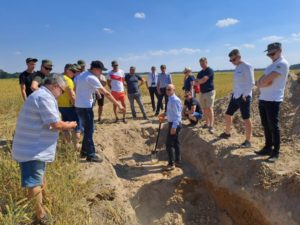
Despite war and market volatility, EIT Food says Eastern and Central European startups are defying the odds with continued advancements in agtech.

Expect a continued rise in impact investing to create more sustainable agtech and foodtech, and to build and manage more sustainable real estate, writes Gideon Soesman.
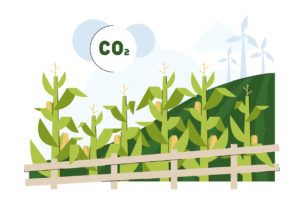
Today, just about everywhere we look, there are claims about carbon sequestration being akin to the holy grail for agriculture, and by extension, the environment. But what do US farmers think about carbon markets? Ben Palen surveyed 50 of them to find out.

Sponsored
International Fresh Produce Association launches year 3 of its produce accelerator